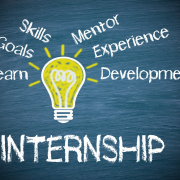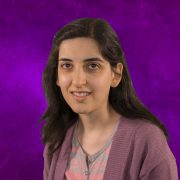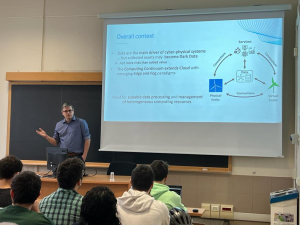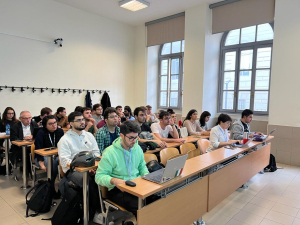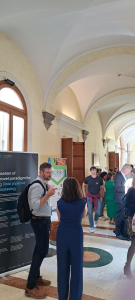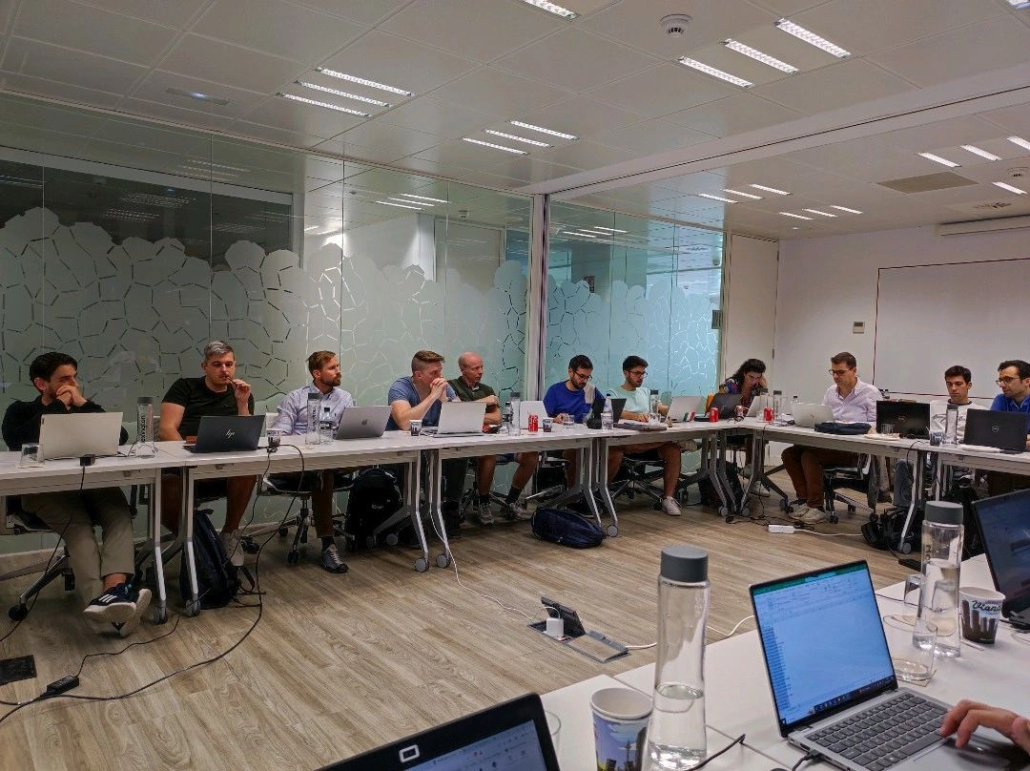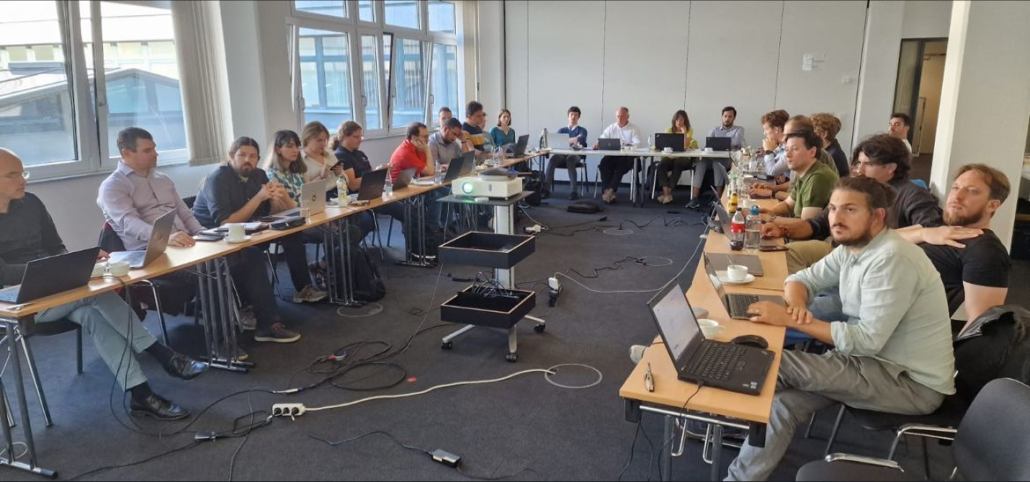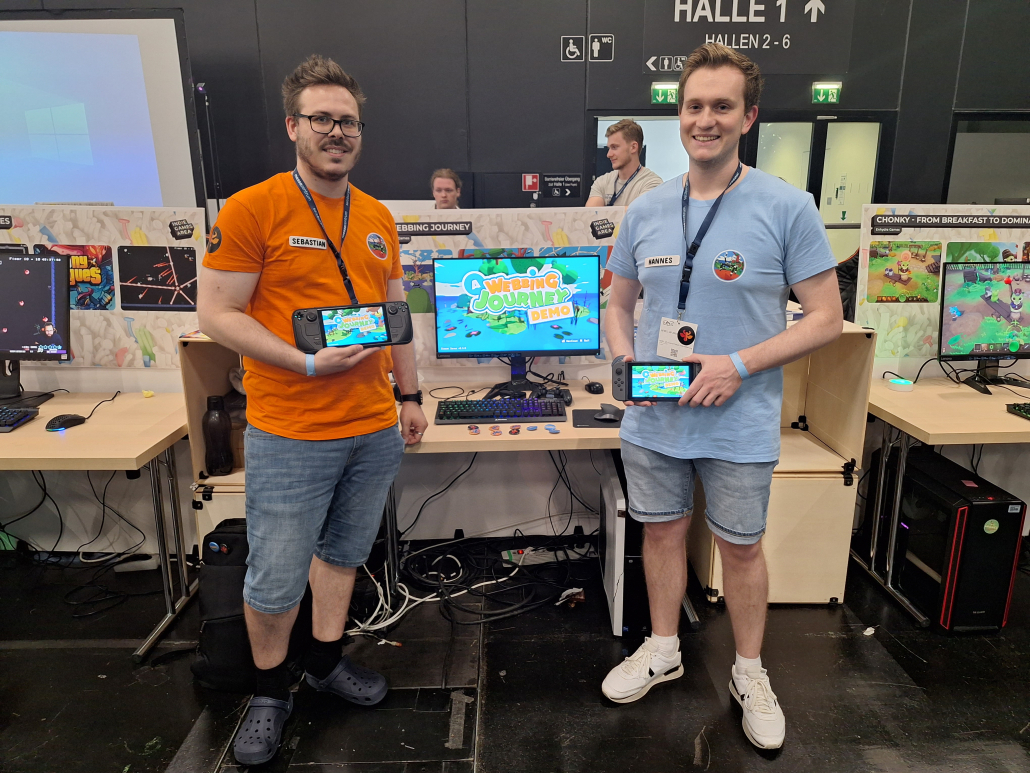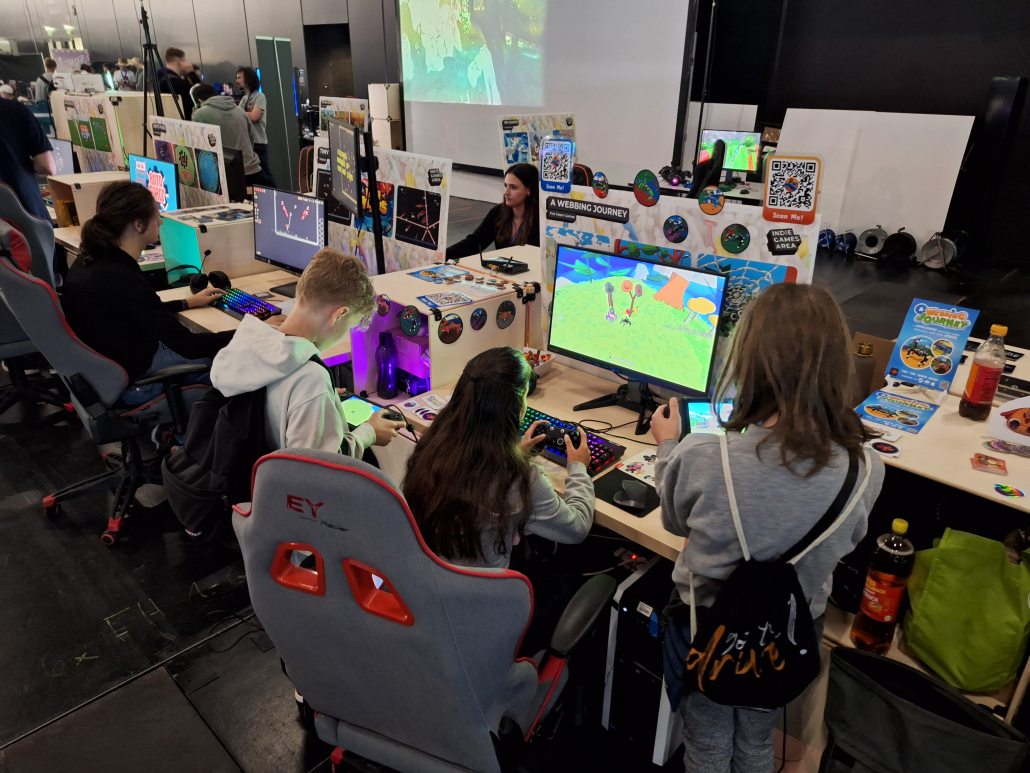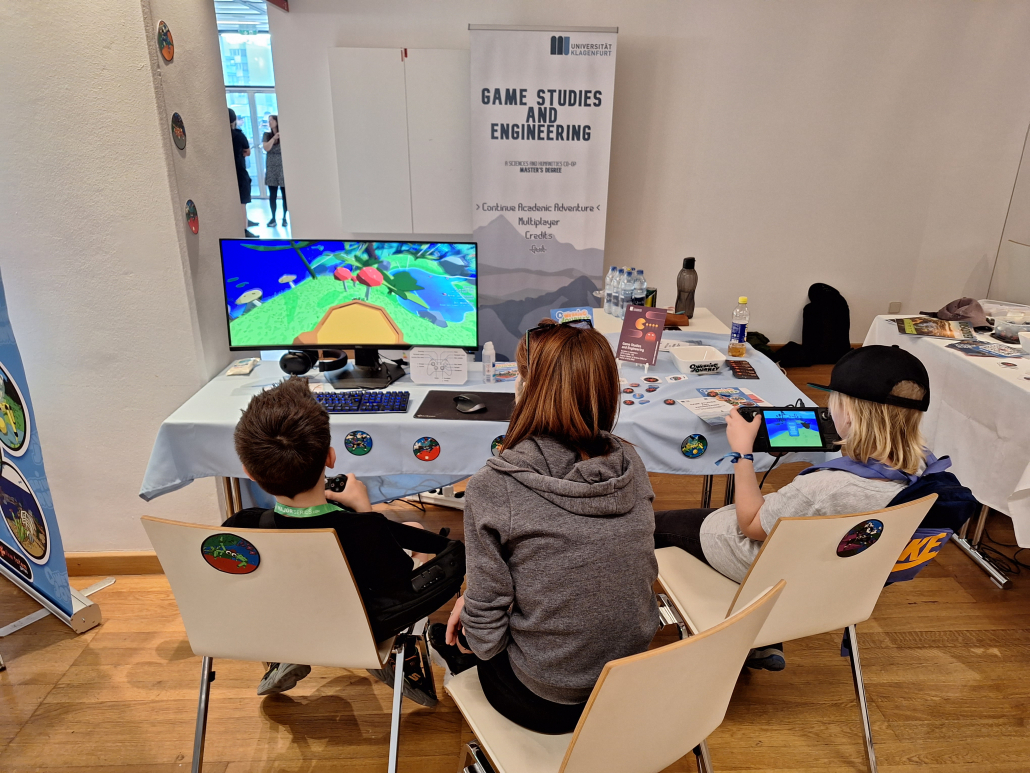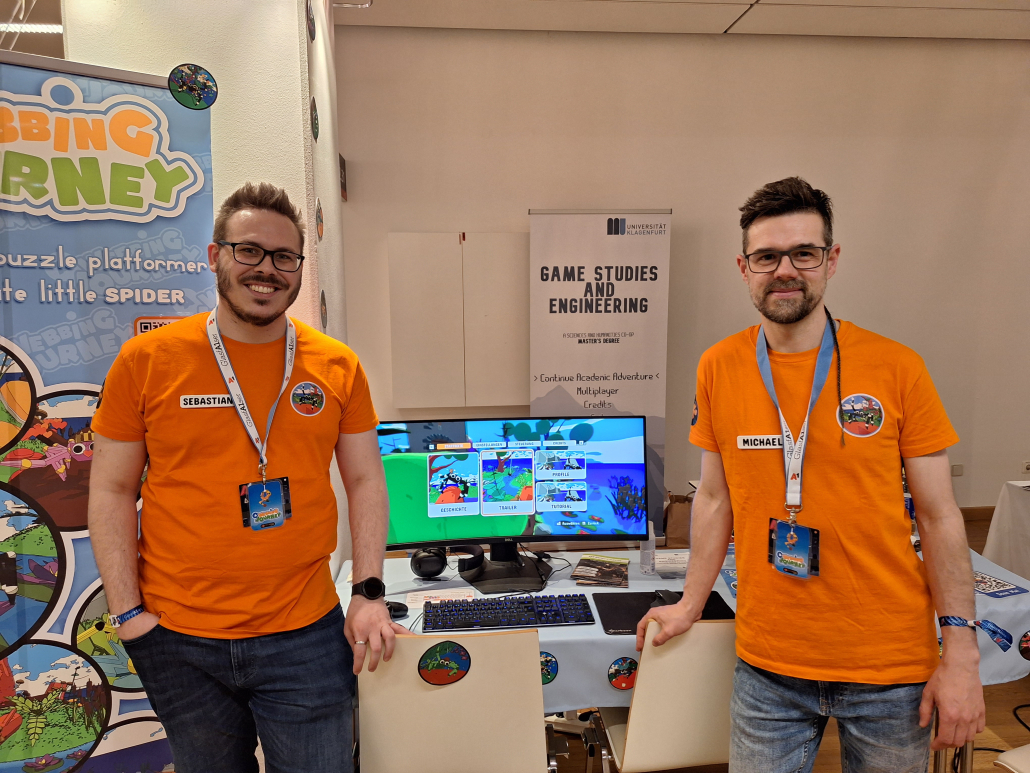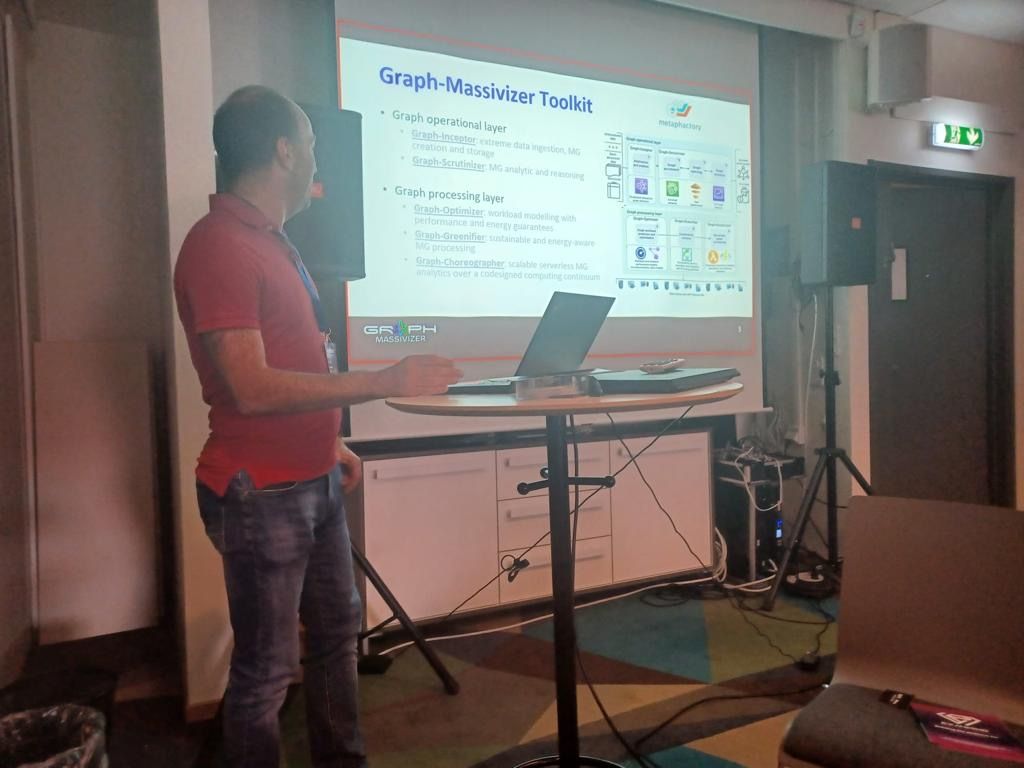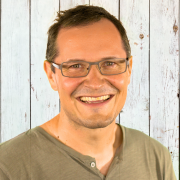At Christian Doppler Laboratory ATHENA, we offer an internship*)**) for 2024 for Master Students, and we kindly request your applications by the 19th of January 2024 with the following data (in German or English):
- CV
- Record of study/transcript (“Studienerfolgsnachweis”)
*) A 3 months period in 2024 (with an exact time slot to be discussed) with the possibility to spend up to 1-month at the industrial partner; 20h per week “Universitäts-KV, Verwendungsgruppe C1, studentische Hilfskraft”
**) Depending on whether the funding gets approval from the CDG.
Please send your application by email to christian.timmerer@aau.at.
About ATHENA: The Christian Doppler laboratory ATHENA (AdapTive Streaming over HTTP and Emerging Networked MultimediA Services) is jointly proposed by the Institute of Information Technology (ITEC; http://itec.aau.at) at Alpen-Adria-Universität Klagenfurt (AAU) and Bitmovin GmbH (https://bitmovin.com) to address current and future research and deployment challenges of HAS and emerging streaming methods. AAU (ITEC) has been working on adaptive video streaming for more than a decade, has a proven record of successful research projects and publications in the field, and has been actively contributing to MPEG standardization for many years, including MPEG-DASH; Bitmovin is a video streaming software company founded by ITEC researchers in 2013 and has developed highly successful, global R&D and sales activities and a world-wide customer base since then.
The aim of ATHENA is to research and develop novel paradigms, approaches, (prototype) tools, and evaluation results for the phases
- multimedia content provisioning,
- content delivery, and
- content consumption in the media delivery chain as well as for
- end-to-end aspects, with a focus on, but not being limited to, HTTP Adaptive Streaming (HAS).
The new approaches and insights are to enable Bitmovin to build innovative applications and services to account for the steadily increasing and changing multimedia traffic on the Internet.

